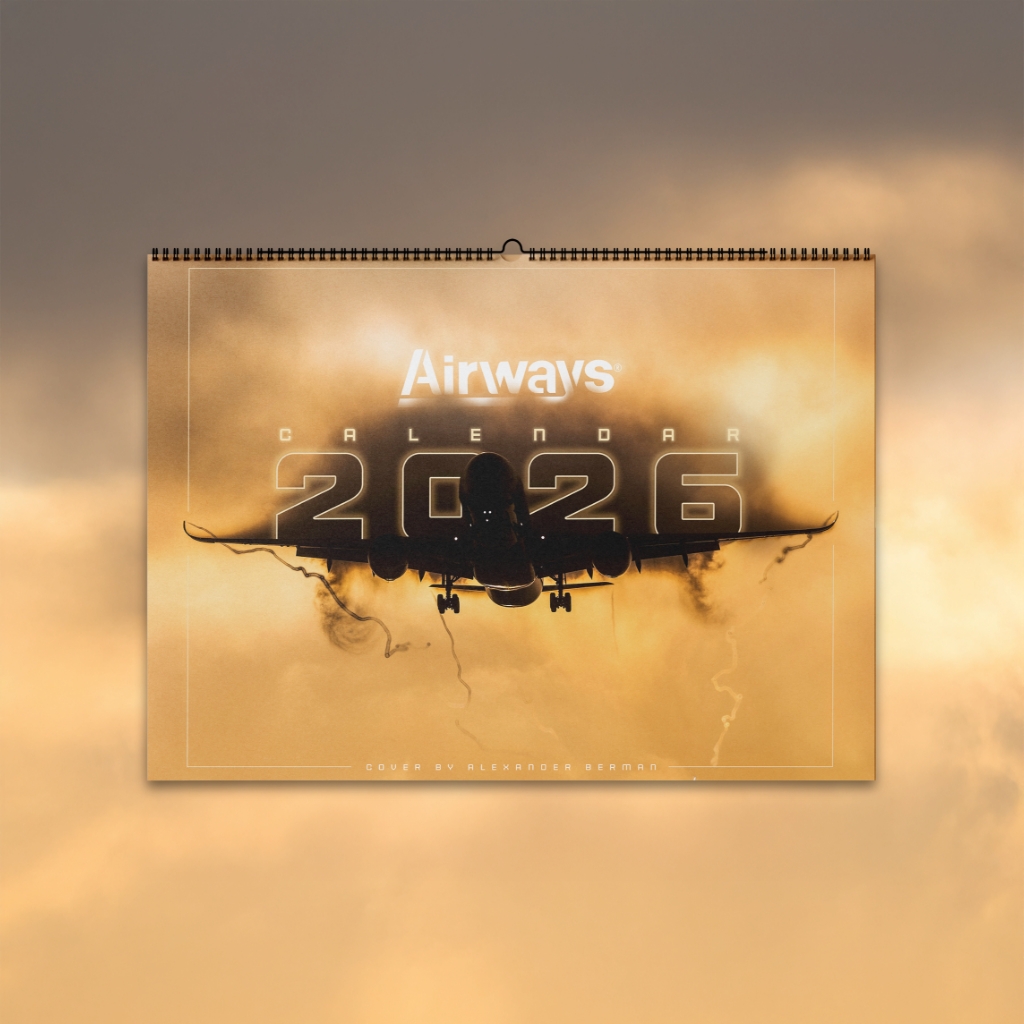DALLAS — Ultra-low-cost carrier (ULCC) Spirit Airlines (NK) has just introduced a new seating product to capitalize on the rising demand for premium travel as the no-frills carrier seeks high-margin income to offset cost challenges and enhance earnings.
Spirit's info page reads "Say Yellow To More Travel Options" —four, to be exact. These include plans for priority check-in, seats with extra leg-room and online streaming access through in-flight Wi-Fi services.
The fourth "premium" offer, 'Go Big', includes intra-European style business class seats, with a guaranteed blocked middle seat. The seating choice includes one carry-on bag, one checked bag, priority boarding, and a snack or non-alcoholic beverage.
After Southwest Airlines (WN) and Frontier Airlines (F9) announced their respective seating and baggage policy redos, it seems that the proof is in the pudding. We're witnessing a departure from LCC's conventional business model in the U.S. market.
The no-frills experience at rock-bottom prices while charging excessively for ancillary products and services is no more, at least to a certain extent.

Economy Is Flat, Premium Isn't
In the domestic U.S. market, travel demand remains high, but an excess supply of aircraft seats has lowered airfares so much that it is more difficult for LCCs to offset increases in labor and other operating costs, the costs the second C in LCC refers to.
Southwest's move was a reaction to the airline's second quarter performance, which "fell short of what we believe we are capable of delivering," according to CEO Bob Jordan.
The CEO was adamant, "We are taking urgent and deliberate steps to mitigate near-term revenue challenges and implement longer-term transformational initiatives that are designed to drive meaningful top and bottom-line growth."
Frontier and NK have also been losing money despite the return of pre-pandemic level traveling, prompting concerns about the LCC's capability to manage debt maturing in 2025 and 2026. Conversely, Delta Air Lines (DL) saw a double-digit increase in revenue from its premium cabins in Q2 while sales in its main cabins remained flat.
When U.S. LCCs see that passengers are willing to pay a premium for more comfort and a better experience with their bigger counterparts, which rely on high-margin premium travel to safeguard their profits, the seating reboot makes more sense. But it's not just LCCs.
Alaska Airlines (AS) will also be adding more First Class and Premium Class seats across over 200 aircraft in its mainline fleet, including 737-900ERs, 737-800s, and 737-9 MAX planes. This expansion will result in an additional 1.3 million premium seats annually.
The move came following a successful retrofit of the AS' entire regional fleet earlier this year, which added 400,000 Premium Class seats to its E175 aircraft.
The Seattle-based carrier knows it needs to meet the growing demand for premium seating and make it easier for passengers to upgrade, as "many travelers seek the added comfort and benefits of these classes."
Spirit is on the same route adjustment. It will launch the business style seats on August 27 and they will be available for bookings starting August 16.



.webp)
